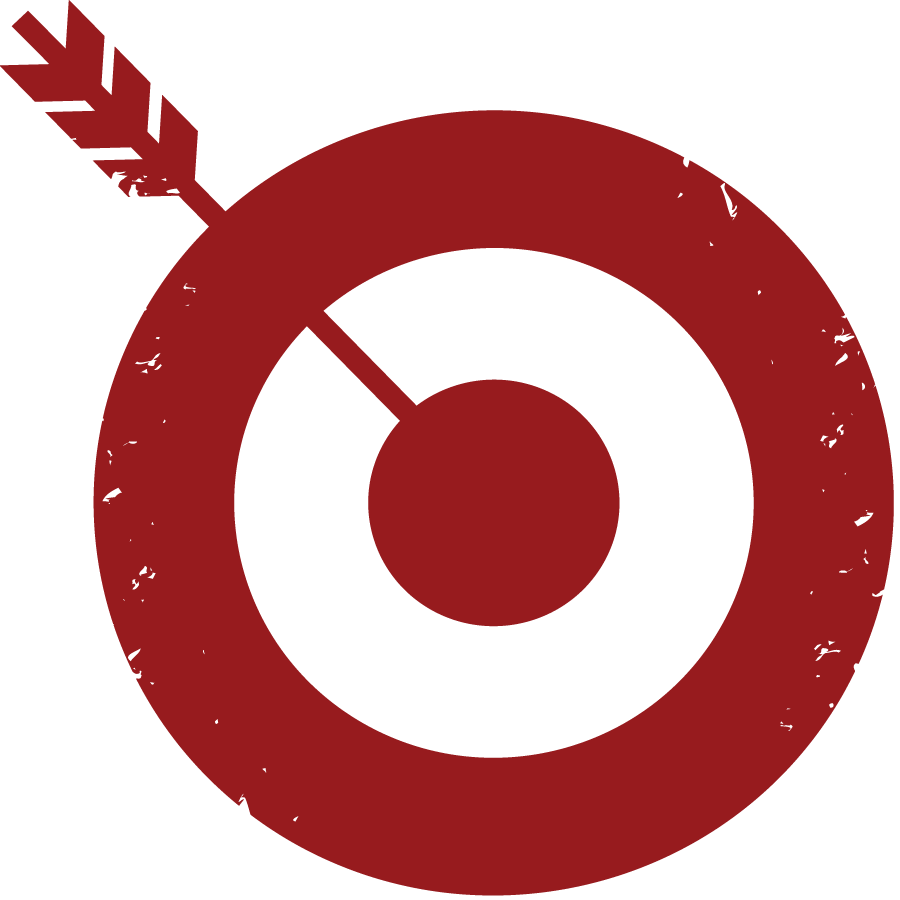PW: I love how “American Vitality” is a story that unfolds over a series of correspondence/letters. Will you talk about your creative process and how you decided on this form for “American Vitality?”
FA: Thank you for the question, Pete. I adore the epistolary novel Fair and Tender Ladies by Lee Smith. It’s one of the most emotionally affecting novels I’ve ever read. I read it about ten years ago and I still feel like I have ‘something in my eye’ when I think of Ivy burning her never-mailed letters to Silvaney. I’d always wanted to give the epistolary form a try, but I never really had a story that suited it.
Then, a couple of years ago I was four pages into a story that was going absolutely nowhere. I was pretty frustrated. Honestly, I was frustrated with writing in general. It seemed to me that the writing I liked, which I guess I’d call realism, was out of fashion. I was worn out by so-called experimental and trendy flash fiction. I remember thinking while driving my son, Benji, to daycare one morning that if realistic short fiction was over and done with than I didn’t want anything to do with writing anymore. It was a pretty weak moment.
I walked Benji to his classroom and when I got back in the car I heard an advertisement on the radio for a male performance enhancer. Since I’m a thirteen-year old kid at heart, I found the commercial hilarious but instead of laughing I thought, “Man-oh-man, I ought to write an experimental flash fiction from the perspective of a guy hooked on a male performance enhancer.” I drove straight home, abandoned the four-page disaster, and wrote the story’s opening page as a letter to a company. Admittedly, the story started out from a pretty cynical place—writing what I thought was hip—but gradually I started thinking I could try to inject a bit of the heart and the sincerity of realism into the story. When I did, the story opened up in surprising ways. I finished the opening letter and realized with no small amount of dread that the company was going to have to write back. Before I knew it (not really, though, because the first draft took about seven months), I had a forty-eight page epistolary story that the good people at BULL helped trim down to thirty-two.
I guess I’d say my creative process is one of imitation, frustration, resentment, and a small dose of peevishness. Every now and then, though, it’ll approach something that resembles joy.
